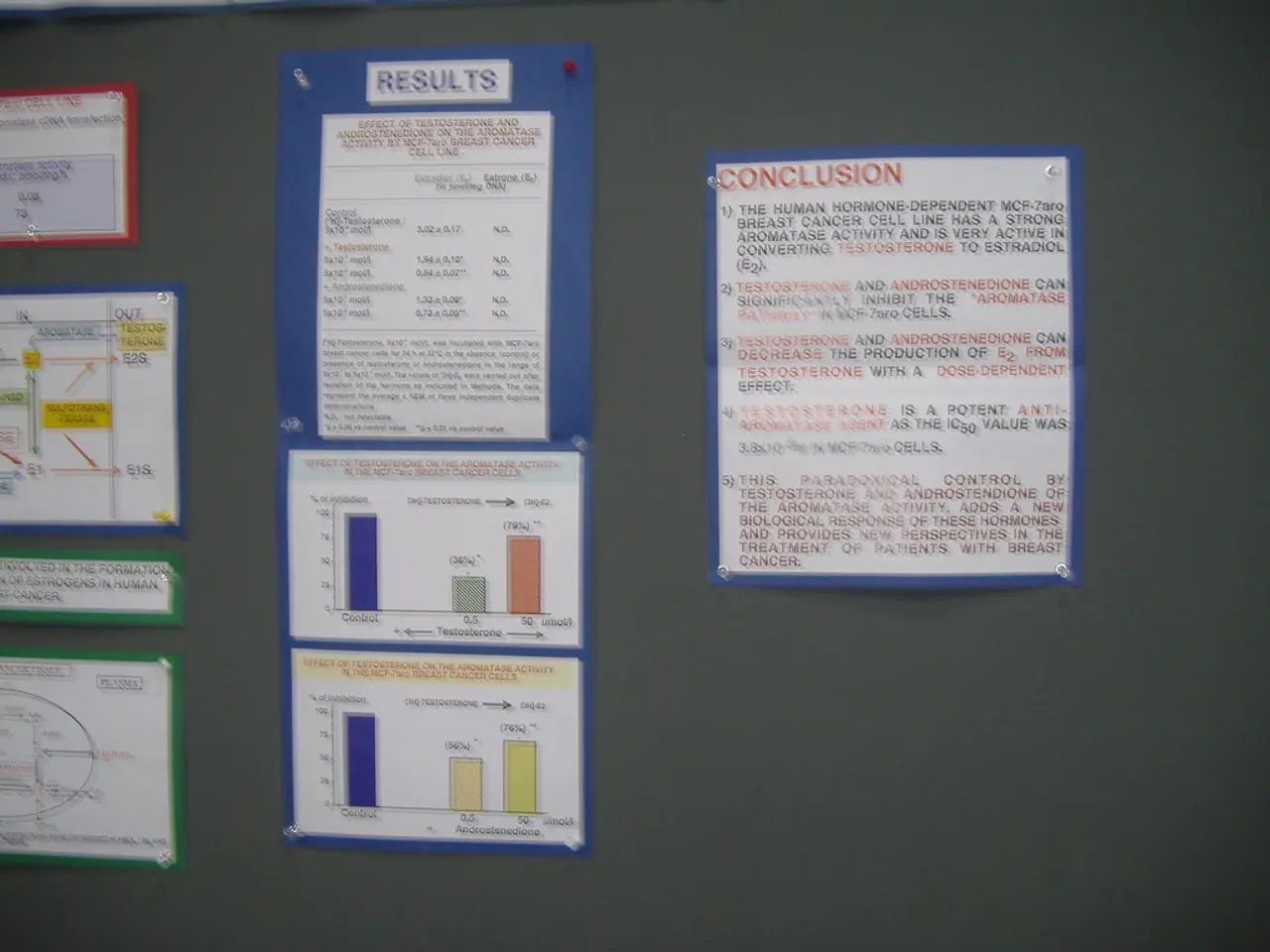New Study Warns: Aggressive Blood Pressure Lowering Risks in Stroke Patients with Kidney Issues
A new study published in Neurology® warns of potential risks in aggressively lowering blood pressure for acute intracerebral hemorrhage patients with decreased kidney function. The research, led by Kazunori Toyoda at the National Cerebral and Cardiovascular Center in Japan, suggests that such an approach may increase the risk of death or disability in these patients.
The study, part of the 'Interact2' project, found that patients with reduced kidney function who underwent intensive blood pressure-lowering therapy had a nearly 50% rate of death or disability after stroke. This was significantly higher than the approximately 32% rate in patients with normal kidney function. Toyoda and his team discovered that excessive blood pressure reduction can have severe consequences when kidney function is low. They recommend that renal function should be considered when deciding the optimal blood pressure range for each intracerebral hemorrhage patient. Further research is needed to determine the appropriate target blood pressure range for these vulnerable patients.
The study highlights the importance of careful consideration of kidney function when treating acute intracerebral hemorrhage. While aggressive blood pressure reduction may be beneficial in some cases, it can have dire consequences for patients with decreased kidney function. Further research is necessary to establish the optimal blood pressure management strategy for these patients.






